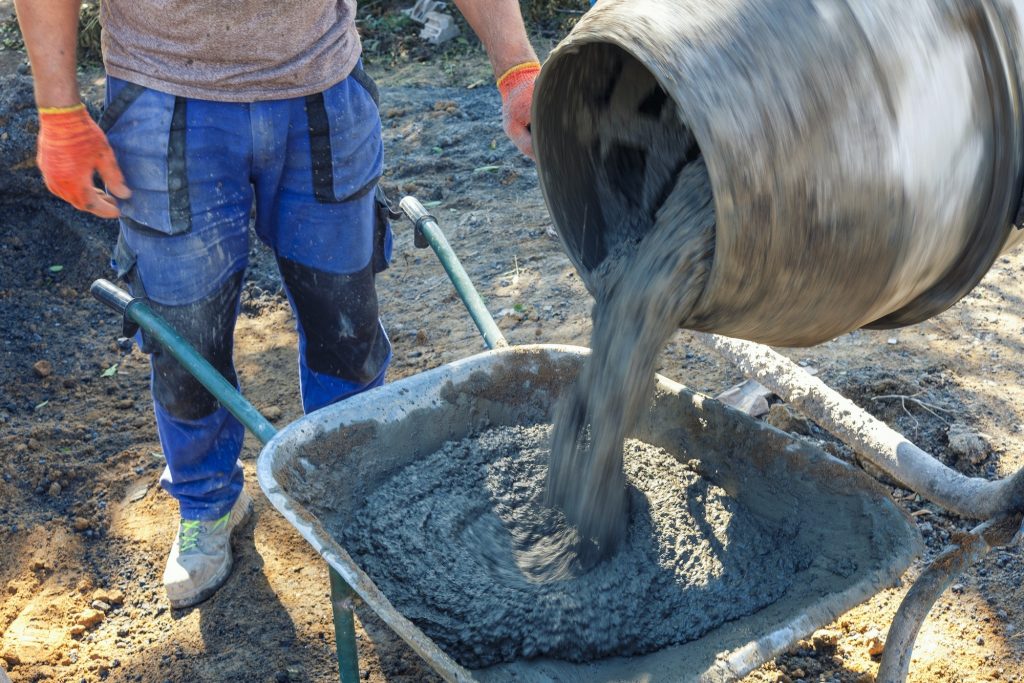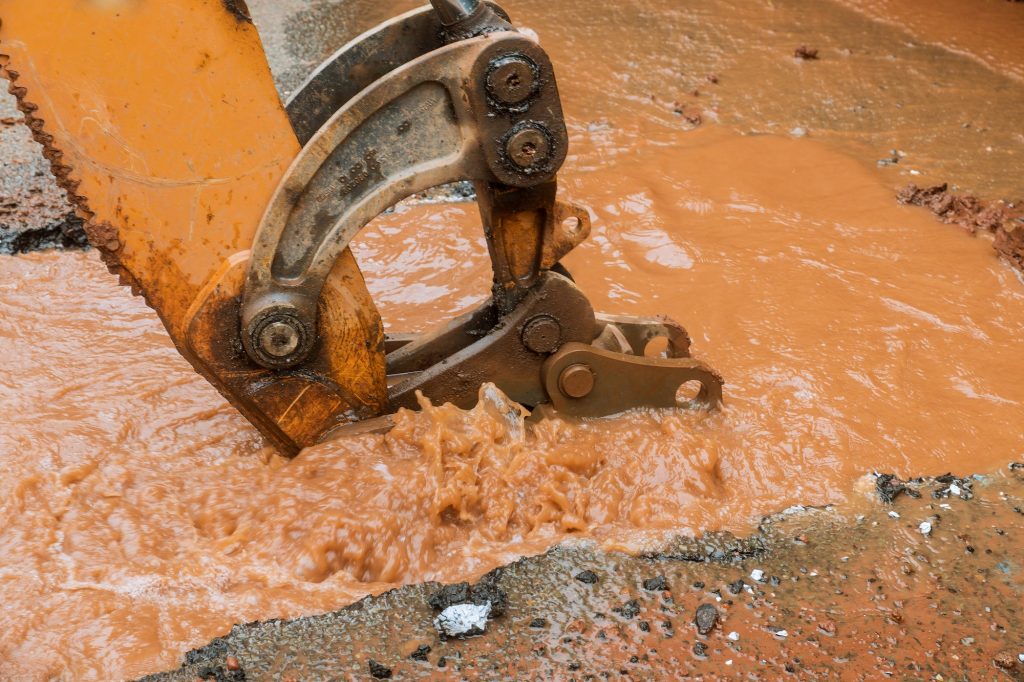Introduction
Contaminated water refers to water that has been polluted by various substances, making it unsafe for human consumption. It is a serious global health issue, as access to clean and safe drinking water is essential for maintaining good health.
Health risks associated with contaminated water
Contaminated water can pose serious health risks to humans and animals. Bacterial, chemical, and parasitic contamination are the three main types of water contamination. Bacterial contamination can cause diseases such as cholera and typhoid fever, while chemical contamination can result in poisoning and long-term health effects. Parasitic contamination can cause diseases such as giardiasis and cryptosporidiosis.
Sources of contaminated water
Contaminated water can come from both natural and human sources. Natural sources include floods, hurricanes, and earthquakes, which can cause water to become contaminated with chemicals, bacteria, and other pollutants. Human activities, such as industrial discharges, agricultural runoff, and sewage disposal, can contaminate water.
Impact of contaminated water on human health
The short-term effects of contaminated water can include stomach and intestinal problems, skin rashes, and eye irritation. Long-term exposure to contaminated water can lead to chronic health problems, such as liver and kidney damage, neurological disorders, and certain cancers.
Prevention of contaminated water
Both household and municipal water treatment methods should be used to prevent contaminated water. Household water treatment methods include boiling, chlorination, and water filtration systems. Municipal water treatment methods include adding chemicals to kill bacteria and other pollutants and using physical and biological processes to remove contaminants.
Importance of water testing and monitoring
Regular water testing and monitoring are crucial in detecting and preventing contaminated water. This helps to ensure that the water we drink and use is safe and free from harmful substances.
Personal hygiene and safe food handling practices
Personal hygiene and safe food handling practices can also play a role in preventing contaminated water. This includes washing hands regularly, cooking food thoroughly, and storing food properly to prevent contamination.
Role of government and community in ensuring safe water
Governments and communities have a crucial role in ensuring secure water access. This includes implementing regulations and standards for water treatment and distribution and providing community education and outreach programs to raise awareness about the dangers of contaminated water and how to prevent it.
Global efforts to provide safe drinking water
Access to clean and safe drinking water is a global concern, and many international organizations and aid programs are working towards this goal. The United Nations has set a Sustainable Development Goal to ensure the availability and sustainable water and sanitation management by 2030. These efforts aim to improve water quality, increase access to safe drinking water, and promote hygiene and sanitation practices.
Conclusion
In conclusion, contaminated water poses serious health risks and is a global concern. It is essential to prevent contaminated water, such as using household and municipal water treatment methods, practicing good hygiene and food handling practices, and supporting the efforts of government and international organizations. Access to clean and safe drinking water is essential for maintaining good health, and we must ensure it is available to everyone.
FAQs
- What is contaminated water? Contaminated water refers to water that has been polluted by various substances, making it unsafe for human consumption.
- What are the health risks of contaminated water? Contaminated water can pose serious health risks, including bacterial, chemical, and parasitic contamination, leading to cholera, typhoid fever, giardiasis, and cryptosporidiosis.
- How can I tell if my water is contaminated? Water can be tested for contaminants through regular monitoring and testing. If you have any concerns about the safety of your water, it is best to have it tested by a professional.
- What can I do to prevent contaminated water at home? Preventing contaminated water at home can be done through household water treatment methods, such as boiling, chlorination, and water filtration systems, as well as practicing good hygiene and safe food handling practices.
- How can the government and community help ensure safe water access? The government and society have a crucial role in ensuring secure water access, including implementing regulations and standards for water treatment and distribution, providing community education and outreach programs, and supporting international efforts to provide safe drinking water.



